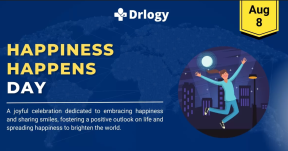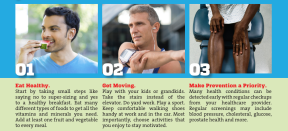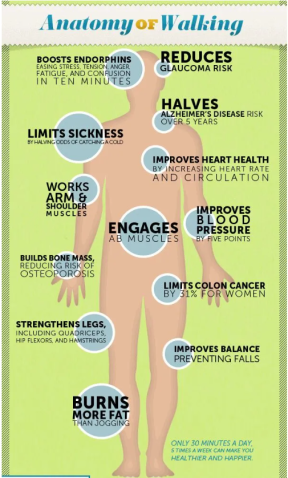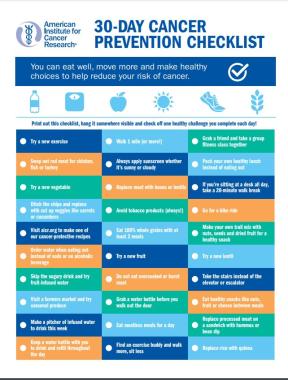What is Cholesterol?
Cholesterol is a waxy substance found in your blood, essential for building cells, hormones, and vitamins. There are two types of cholesterol.

The Risks of High Cholesterol
High LDL cholesterol can lead to atherosclerosis, where plaques form in your arteries, restricting blood flow and increasing the risk of heart attack and stroke. According to the CDC, individuals with high cholesterol are twice as likely to develop heart disease.
Causes of High Cholesterol
Unhealthy lifestyle choices, such as poor diet, lack of exercise, smoking, and excessive alcohol consumption, are









